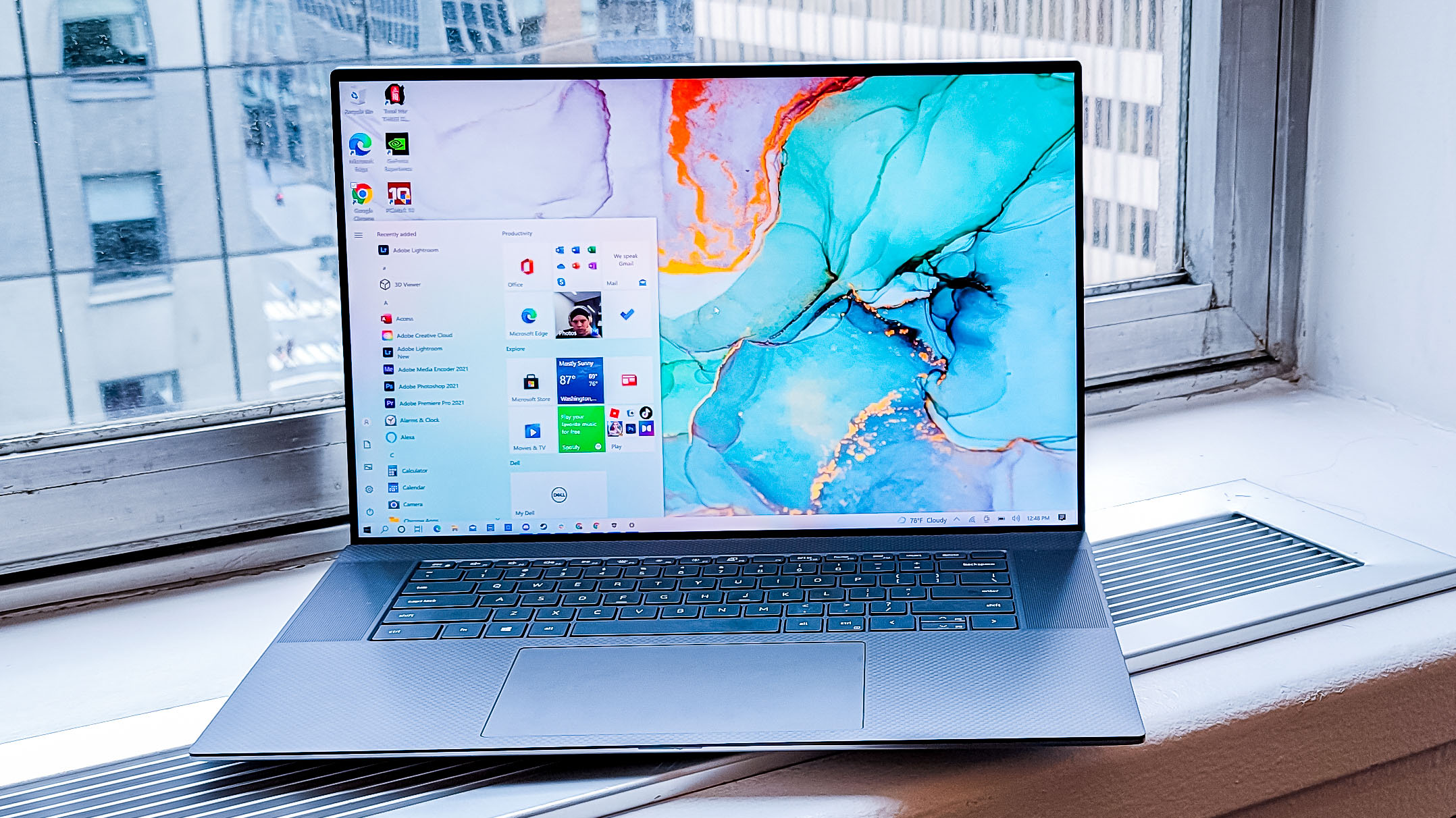OLED gaming laptops could soon be a thing thanks to Samsung Display
Samsung Display begins mass producing 90Hz OLED laptop panels

Samsung Display is ramping up mass production of its new OLED laptop panels with 90Hz refresh rate, offering fans of OLED laptops a 50% boost in frame rates over existing OLED laptop displays.
A laptop's refresh rate refers to the number of times the image on the screen is updated by the laptop's GPU every second, measured in hertz (Hz). Most OLED displays like TVs and desktop monitors typically come with 60Hz refresh rates, with some high-end panels getting up to 120Hz refresh rate, but these faster panels haven't made it down to OLED laptop yet, which are still relatively new themselves.
OLED panels can respond quicker, offer better color quality, and appear brighter than LCD displays, which are what you typically find on laptops. But opting for OLED does come at the cost of the refresh rate, with LCD laptop panels getting much higher refresh rates than the 60Hz OLEDs we have right now.
Samsung's faster OLED laptop displays are sized at 14 inches and 16 inches, so far. The former is already being introduced in some laptop refreshed this year, like the Asus Vivobook Pro and Asus Zenbook, though there's no word yet on other sizes for the new, faster panels.
Analysis: gimme gimme gimme
There is no question that OLED panels are superior to LCD panels when it comes to the sheer look of them. They're gorgeous, with absolutely vibrant colors at much higher brightness than competing LCDs, but unless you are using an OLED laptop for anything other than general computing and productivity work or streaming video, higher refresh LCD panels simply offer a better experience, especially when playing the latest PC games.
The best gaming laptops all have LCD panels for that reason, since the smoothness of a higher refresh is much more important for actual gameplay purposes, especially if you're talking about eSports gaming.
A 90Hz OLED is still going to fall short of a 300Hz LCD display on that front, no question, but a 90Hz OLED is getting a 50% increase in potential frame per second. And while these new panels are only being talked about in the context of "professional" laptops right now, they'll make their way into gaming laptops very soon, and will actually make it worth considering an OLED display for your next gaming laptop.
Sign up for breaking news, reviews, opinion, top tech deals, and more.
All we can say is we can't wait to see them in action.
- Stay up to date on all the latest tech news with the TechRadar newsletter

John (He/Him) is the Components Editor here at TechRadar and he is also a programmer, gamer, activist, and Brooklyn College alum currently living in Brooklyn, NY.
Named by the CTA as a CES 2020 Media Trailblazer for his science and technology reporting, John specializes in all areas of computer science, including industry news, hardware reviews, PC gaming, as well as general science writing and the social impact of the tech industry.
You can find him online on Bluesky @johnloeffler.bsky.social